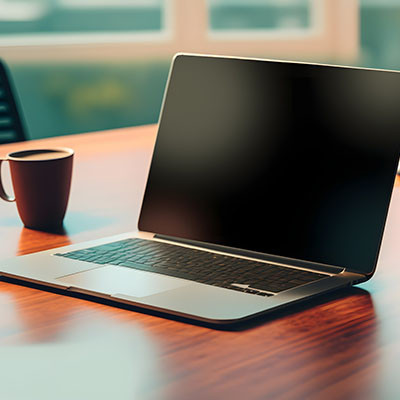Laptops are nothing new for businesses. In fact, some recent laptops have the processing power to eclipse your typical desktop workstation. However, this doesn’t apply to all laptops, as evidenced by the Chromebook. Today, we want to explore the big differences between Chromebooks and your average laptop, as well as how you might choose between one or the other.
While both are technically laptops, the Chromebook has some unique differentiating factors compared to your typical laptop. Here are the big ones.
The Operating System and Resultant Functionality
Your standard laptop will come equipped with an operating system like Windows, or macOS, if you’re into that kind of thing. A Chromebook, on the other hand, runs a special operating system designed with minimalism in mind.
ChromeOS kind of looks like Android’s operating system, but it’s more simplified. Basically, Google created this OS to offer simplicity for the user.
Chromebooks are most functional when connected to an Internet connection. Otherwise, you’re not going to be able to use the many cloud-based applications that power your business. This lack of functionality could be seen as a problem for some organizations.
Cost and Affordability
Despite this significant drop in functionality, Chromebooks still appear for various reasons. For one, they are less expensive than your average laptop, mainly because they don’t have many of the costly internal components. They run off web-based applications and cloud storage, so the device itself is much cheaper to produce.
Since they are cheaper to produce, they are cheaper to buy, making them ideal for organizations that don’t need significant computing resources. In fact, some businesses rely entirely on the cloud anyway, so the lost opportunity for features doesn't impact them as much as it would for others. It’s also worth noting, however, that you don’t have as much control over Chromebooks as you would over laptops, making them slightly problematic for security and compliance unless you are prepared for it.
Processing Power and Performance
If you’re thinking of picking up a Chromebook, it should be clear by now that you can’t expect power. Chromebooks simply don’t have the machinery to do resource-intensive tasks, and they weren’t designed for these tasks in the first place anyway. You will get a serviceable product with a longer battery life, though, as it’s not powering serious tech inside.
If you want some advice on hardware procurement, we’re happy to help. Give us a call at (760) 466-1200 to learn more.


